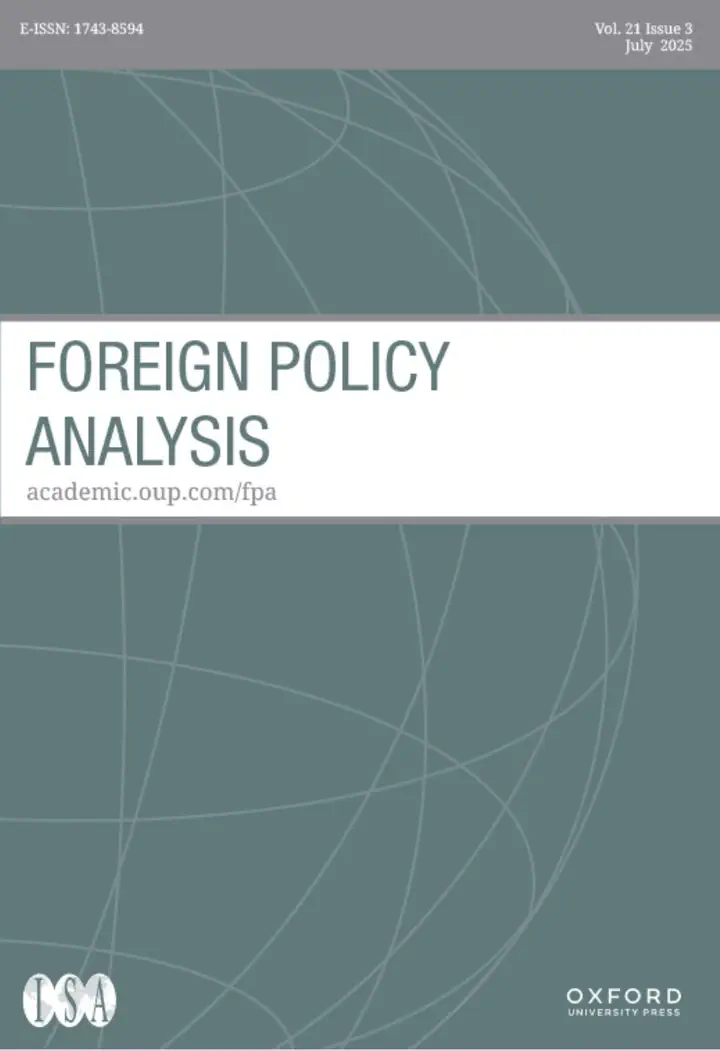When and How Do Presidents Terminate Sanctions? The Effect of Domestic Factors on US Sanctions Policy
 Image credit: FPA
Image credit: FPA
Abstract
How do domestic factors influence US presidents’ decisions to lift sanctions? Drawing on work emphasizing the domestic costs related to leaders’ foreign policy decisions, I argue that a president’s political capital vis-a-vis the public and Congress, as well as Congress’s anticipated responses, influences when and how presidents lift sanctions. Analyzing novel data on all US sanctions imposed between 1990 and 2018 with a competing risks model, I uncover two key findings. First, presidents with stronger party power in Congress and higher public approval ratings are more likely to end sanctions, particularly by capitulation. Second, sanctions that include mechanisms of congressional oversight last longer and are less likely to be lifted by the president before achieving their goals. Interviews with US sanctions practitioners and anecdotal evidence complement these statistical findings, underscoring the role of domestic actors in shaping sanctions policy and highlighting that lifting sanctions is often harder than imposing them.
Supplementary notes can be added here, including code, math, and images.